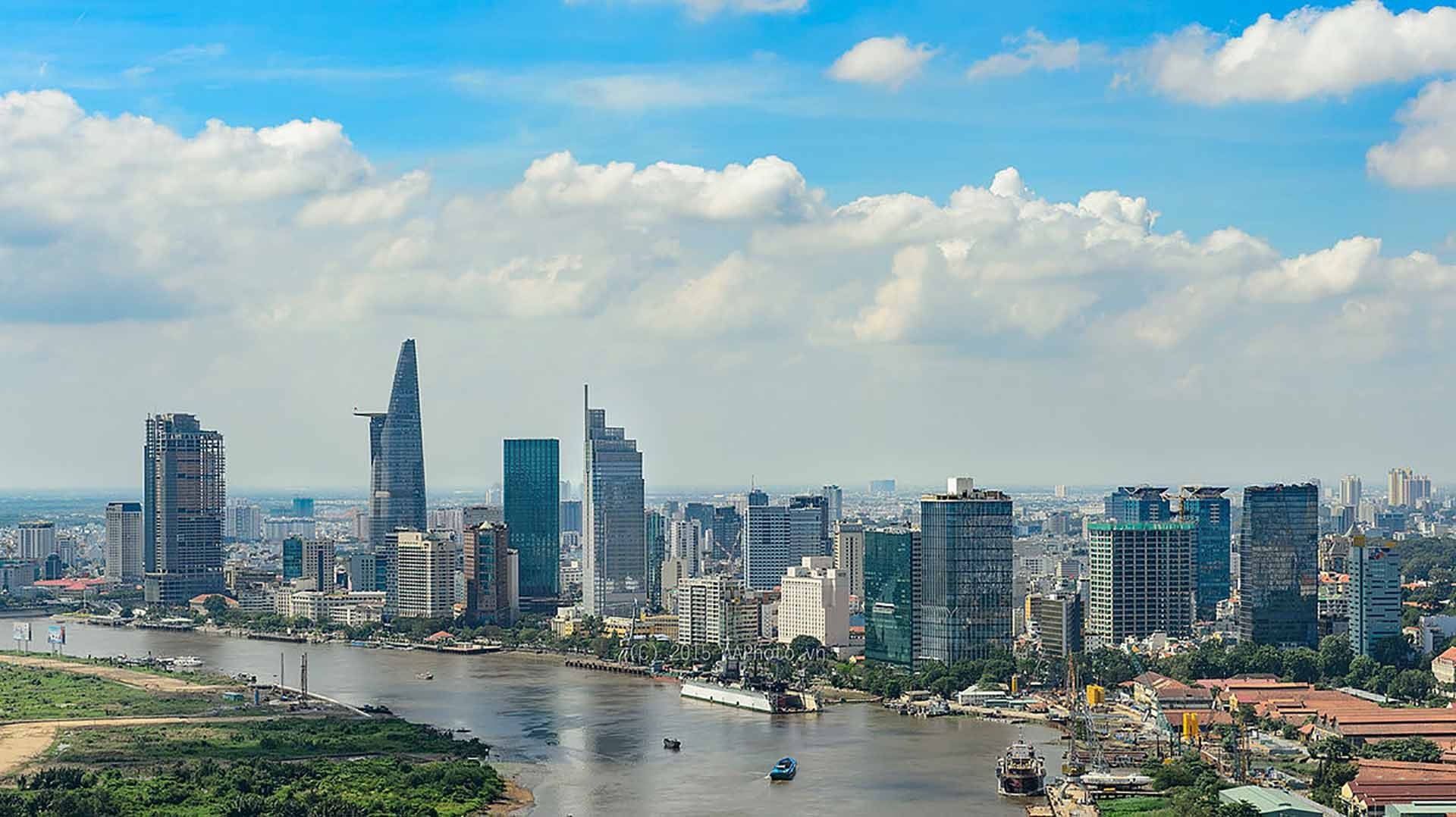 |
| Vietnam's economy continues to be affected by declining foreign demand from the end of 2022. Illustration photo. (Source: Shutterstock) |
Accordingly, Vietnam's economy continues to be affected by the decline in foreign demand since the end of 2022, with exports falling 12% in the first half of 2023. Liquidity, foreign exchange and inflation pressures ease, but growth decelerates significantly and is expected to slow to 4.7% in 2023.
Inflation is likely to remain under control and Vietnam could return to high growth in the medium term, supported by structural reforms.
Given the ample fiscal space and limited room for monetary policy easing, fiscal policy should play a key role in supporting economic activity if needed. In this context, plans by the authorities should be implemented to promote public investment disbursement and emphasize the importance of expanding social safety nets to support the most vulnerable.
The IMF recommends strengthening the fiscal framework and budgeting process, and increasing revenue collection in the medium term to support the ambitious socio-economic development plan. The authorities have effectively controlled inflation risks, but monetary policy should continue to be cautious in a complex context with limited policy space.
The IMF stressed the importance of strengthening the resilience of the financial system, gradually removing regulations that allow debt rescheduling while keeping the debt group the same and dealing with rising bad debt.
Vietnam is focusing on structural and climate reforms to achieve green, inclusive and sustainable growth. Accelerating its transition to a middle-income country will require further efforts to improve the business environment, improve critical infrastructure and invest in human capital.
Source



![[Photo] General Secretary To Lam attends the 8th Congress of the Central Public Security Party Committee](https://vphoto.vietnam.vn/thumb/1200x675/vietnam/resource/IMAGE/2025/10/4/79fadf490f674dc483794f2d955f6045)


![[Photo] Bustling Mid-Autumn Festival at the Museum of Ethnology](https://vphoto.vietnam.vn/thumb/1200x675/vietnam/resource/IMAGE/2025/10/4/da8d5927734d4ca58e3eced14bc435a3)
![[Photo] Solemn opening of the 8th Congress of the Central Public Security Party Committee, term 2025-2030](https://vphoto.vietnam.vn/thumb/1200x675/vietnam/resource/IMAGE/2025/10/4/f3b00fb779f44979809441a4dac5c7df)






















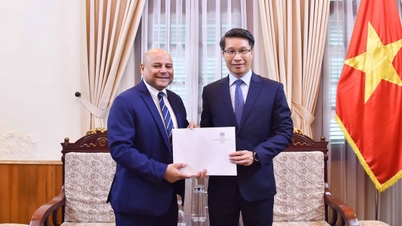
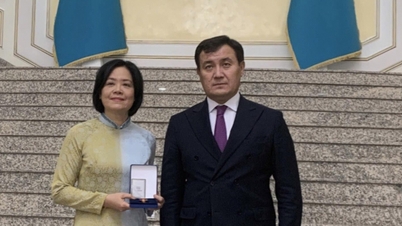


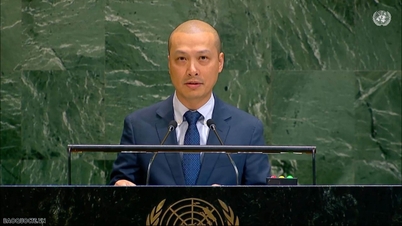
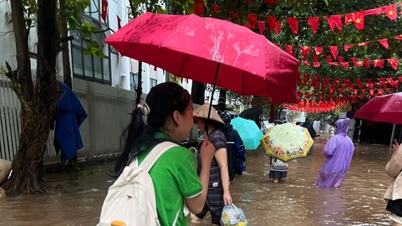



























![[VIDEO] Summary of Petrovietnam's 50th Anniversary Ceremony](https://vphoto.vietnam.vn/thumb/402x226/vietnam/resource/IMAGE/2025/10/4/abe133bdb8114793a16d4fe3e5bd0f12)

![[VIDEO] GENERAL SECRETARY TO LAM AWARDS PETROVIETNAM 8 GOLDEN WORDS: "PIONEER - EXCELLENT - SUSTAINABLE - GLOBAL"](https://vphoto.vietnam.vn/thumb/402x226/vietnam/resource/IMAGE/2025/7/23/c2fdb48863e846cfa9fb8e6ea9cf44e7)























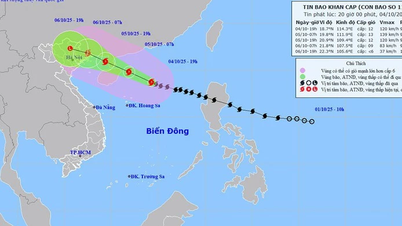











Comment (0)